Flush with Apple cash, Didi Chuxing planning US IPO as soon as 2017 - report
Hot on the heels of Apple's $1 billion investment, Chinese ridesharing service Didi Chuxing is hoping to launch an initial public offering in the U.S. stock market in 2017, a report said on Monday.
The precise timing will depend on Didi's current competition with Uber, sources told Bloomberg. Indeed Didi Chuxing was created in a merger between two earlier companies, Didi Dachi (backed by Tencent) and Kuaidi Dache (backed by Alibaba), orchestrated partly to fend off Uber's entry into China, though also because their own competition was generating losses.
Uber has been sinking large sums of money to gain a foothold in China, where Didi Chuxing is the dominant ridesharing service in terms of both reach and profitability. Whereas the latter is already past the break-even point in about half of the 400 Chinese cities in which it operates, Uber may only reach 100 cities in the country later this year, and is still losing money there.
For its IPO, Didi Chuxing has yet to decide which banks to hire, or even on which stock exchange it would want to sell through, the Bloomberg sources commented. Nevertheless, it could potentially achieve the biggest U.S. IPO by a Chinese company since Alibaba in 2014. Did is currently raising about $3 billion in funding — including Apple's money — and now has a valuation of $26 billion.
Apple has been vague on the reasons for its investment. CEO Tim Cook initially said that it was "for a number of strategic reasons," such as "a chance to learn more about certain segments of the China market." During a visit to Beijing earlier today however, he added that Didi "has a very great management team," and that "its [Didi's] objective is also environmental," reducing pollution by making more efficient use of cars.
Apple is believed to be developing an electric car for launch in 2019 or 2020. It could potentially sell vehicles into the Didi fleet, especially if and when an "Apple Car" becomes self-driving. Alternately, Apple might simply want to use information from Didi to inform its plans.
 Roger Fingas
Roger Fingas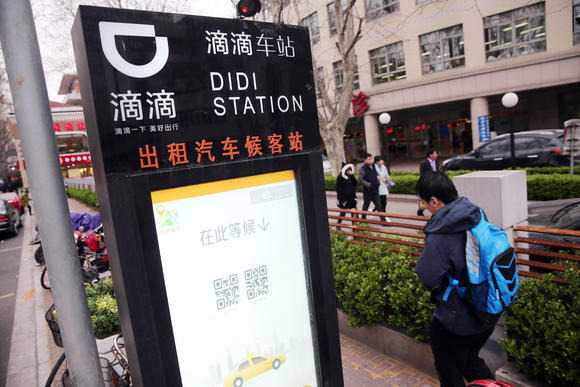


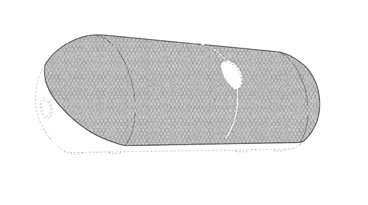
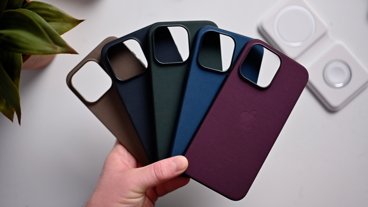






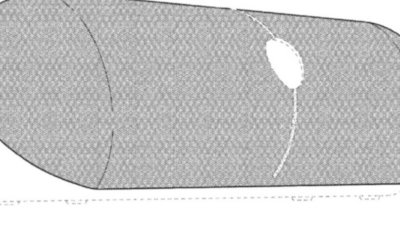
 William Gallagher
William Gallagher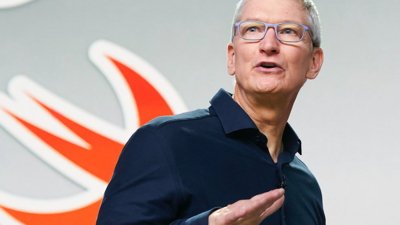
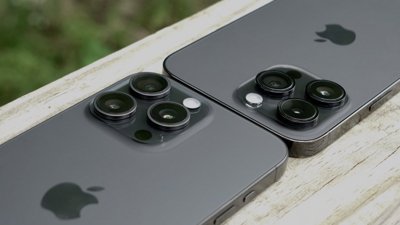
 Mike Wuerthele
Mike Wuerthele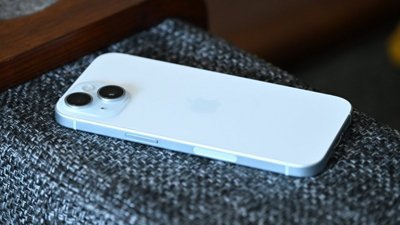


 Andrew Orr
Andrew Orr
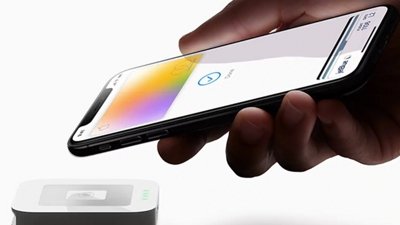
 Marko Zivkovic
Marko Zivkovic







